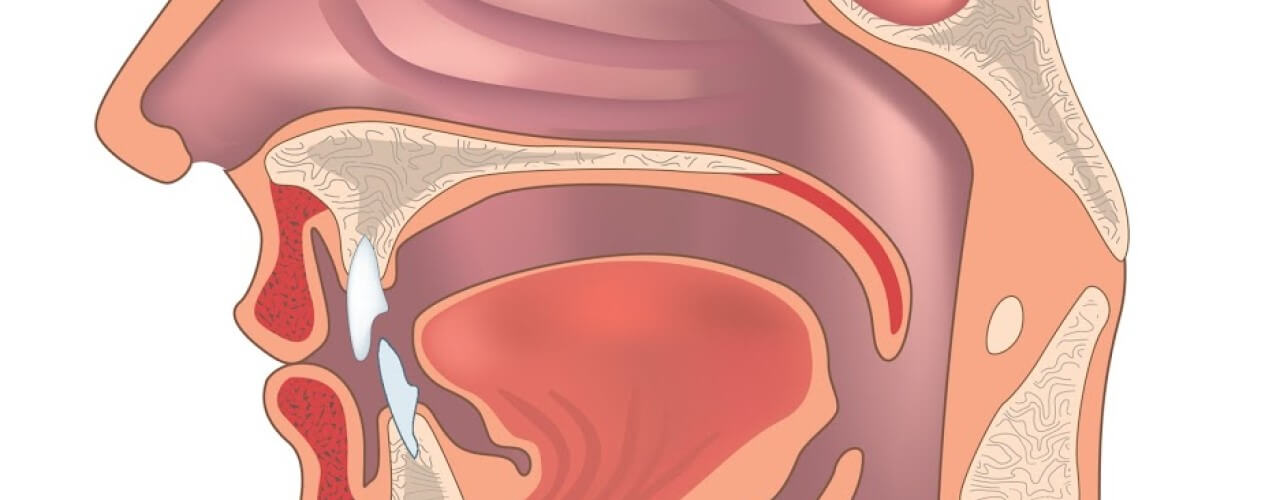Can Tobacco Cause Head and Neck Cancer?
We all know that smoking is bad for us, but you might not be aware of all of the risks associated with tobacco use. As well as causing lung cancer and heart disease, smoking is also associated with a significantly higher risk of many head and neck cancers. Passive smoking and using other forms of tobacco can also increase the risk of developing many types of cancer.
What is Head and Neck Cancer?
The term head and neck cancer refers to a number of different types of cancer that affect these parts of the body. It includes laryngeal cancer, oral cancer and throat cancer as well as many less commonly known types of cancer such as salivary gland cancer and nasal cavity cancer. Although there are differences in the causes and effects of these different types of head and neck cancer, there are also similarities. One of the biggest similarities is that there is often a link to smoking.
Causes of Head and Neck Cancer
Many types of head and neck cancer are associated with smoking and other forms of tobacco use. In fact, 85% of head and neck cancers are linked to tobacco. Many cases of head and neck cancer could have been prevented by avoiding tobacco use or smoke-filled environments.
Tobacco can increase the chances of developing cancer because it introduces many harmful chemicals into your body. Some of these chemicals can damage the DNA inside your cells. In time, these damaged cells can become cancerous.
The throat, mouth and airways are particularly vulnerable because they are directly exposed to the smoke or tobacco while you are using it. All kinds of tobacco use can increase the risk of head and neck cancer.
Tobacco use is believed to be responsible for:
- 64% of laryngeal cancers
- 37% of pharyngeal cancers
- 25% of nasopharyngeal cancers
- 17% of oral cancers
How to Reduce the Risk of Head and Neck Cancer?
The most important thing you can do to reduce the chances of developing any type of head and neck cancer is to avoid smoking or using other forms of tobacco. It is also important to avoid exposure to second-hand smoke as this can be harmful too.
Other changes that you can make to reduce the risk of head and neck cancer include:
- Limiting alcohol consumption
- Not using alcohol-based mouthwashes
- Eating a balanced diet that includes plenty of fruits and vegetables
- Brushing and taking good care of your teeth and gums
- Getting treatment for acid reflux if you often have it
If you need help giving up smoking then you should see your GP. You can also ask an ENT specialist for advice if you’re concerned that you might be affected by head and neck cancer.










